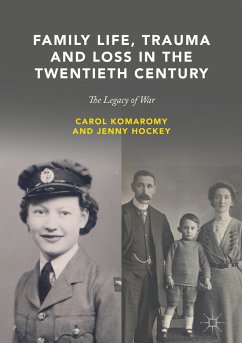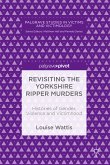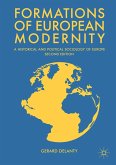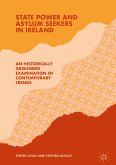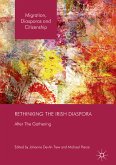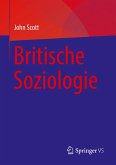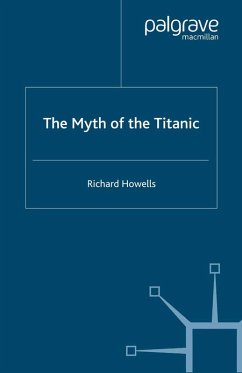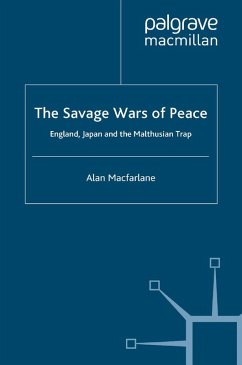This book uses personal memoir to examine links between private trauma and the socio-cultural approach to death and memory developed within Death Studies. The authors, two key Death Studies scholars, tell the stories that constitute their family lives. Each bears witness to the experiences of men who were either killed or traumatised during World War One and World War Two and shows the ongoing implications of these events for those left behind. The book illustrates how the rich oral history and material culture legacy bequeathed by these wars raises issues for everyone alive today. Belonging to a generation who grew up in the shadow of war, Komaromy and Hockey ask how we can best convey unimaginable events to later generations, and what practical, moral and ethical demands this brings.
Family Life, Trauma and Loss in the Twentieth Century will be of interest to students and scholars across a range of disciplines including Death Studies, Military History, Research Methods, Family History, the Sociology of the Family and Life Writing.
Dieser Download kann aus rechtlichen Gründen nur mit Rechnungsadresse in A, B, BG, CY, CZ, D, DK, EW, E, FIN, F, GR, HR, H, IRL, I, LT, L, LR, M, NL, PL, P, R, S, SLO, SK ausgeliefert werden.

